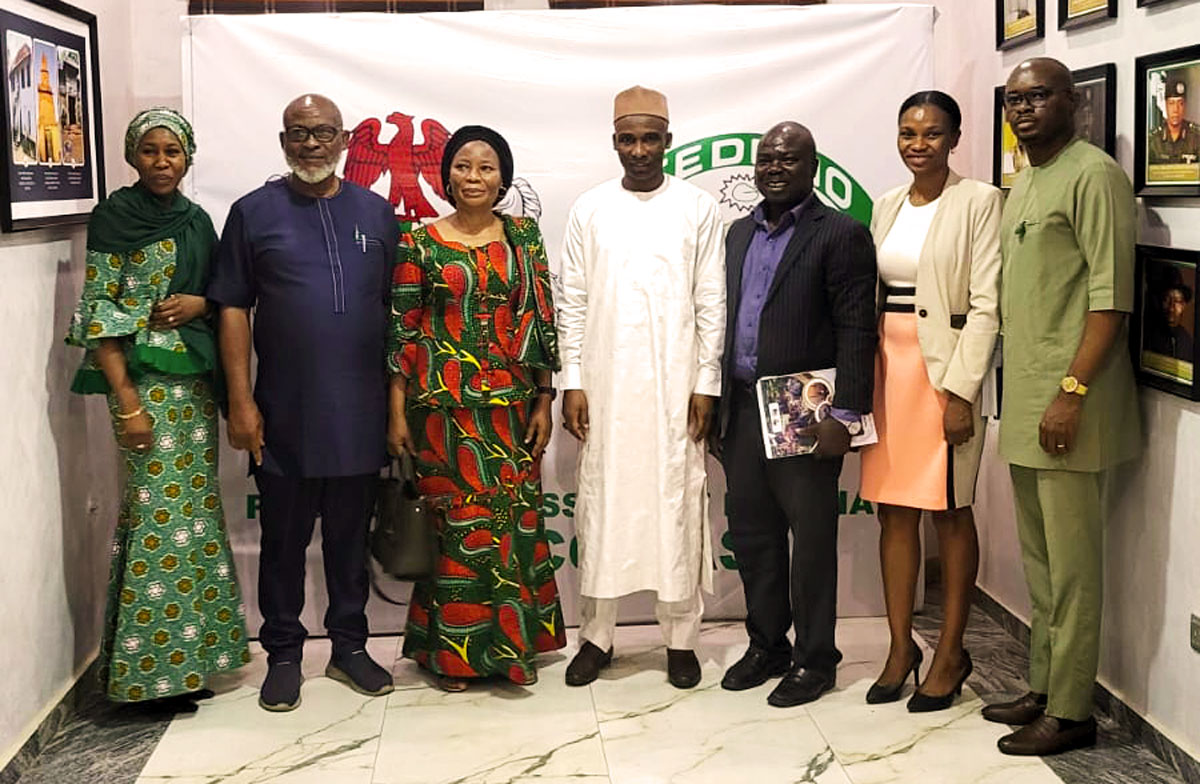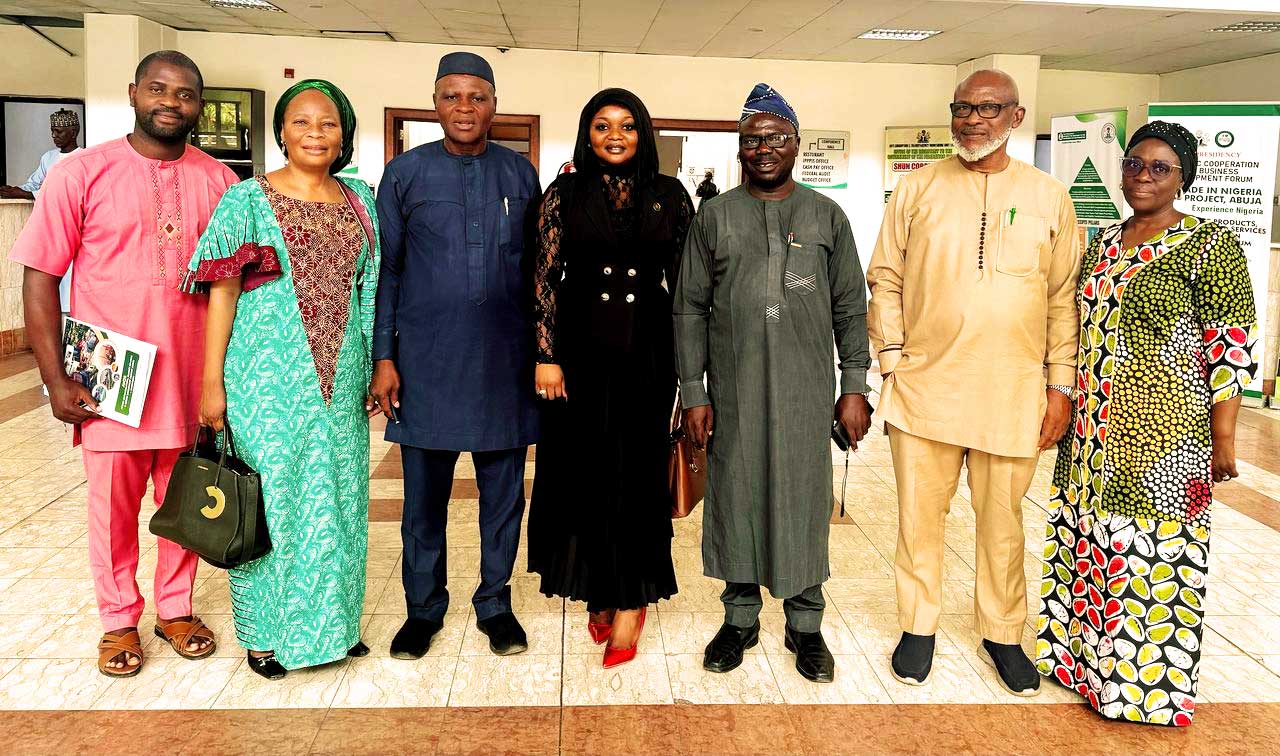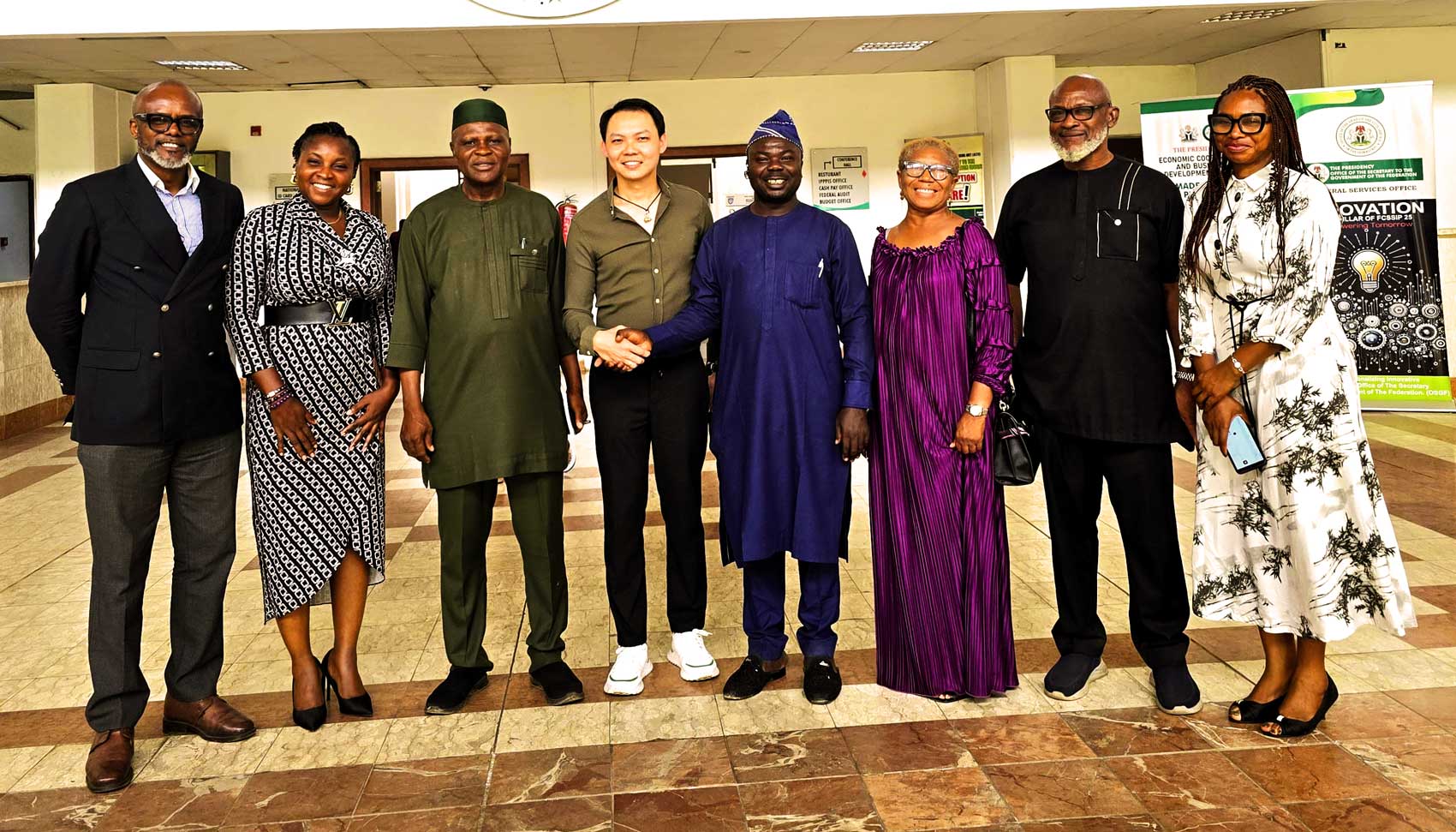Introduction
Imagine a transformative blueprint that redefines how a continent navigates the intersecting challenges of climate change, economic development, and resource management. In Africa, where ancient wisdom meets modern innovation, there is an emerging paradigm that promises not only to protect natural ecosystems but also to catalyze economic prosperity. At AICIS Nigeria, the Africa Multilateral Infrastructure, Climate Change, and Green Investment Summit, AICIS 2025, visionary leaders and policymakers will converge to craft groundbreaking policies. These policies will integrate sustainable practices across marine and terrestrial resources, paving the way for a future where green investment drives resilient, inclusive growth.
1. The Imperative for a Bold Policy Blueprint
Africa’s natural wealth is immense—from sprawling forests and vital wetlands to dynamic marine ecosystems. Yet, fragmented policies and underinvestment have hindered the continent’s ability to fully leverage its environmental and economic potential. To achieve the United Nations Climate Change Action on Blue Economy and Green Investment, Africa must adopt a comprehensive policy framework that is both ambitious and pragmatic.
Such a blueprint would set clear targets, define regulatory standards, and create an enabling environment for sustainable investments. By aligning with global sustainability frameworks, African nations can attract the capital needed to modernize infrastructure, protect natural resources, and drive long-term growth.
2. Integrating the Blue Economy with Green Investment
The blue economy is a critical yet often underutilized pillar of Africa’s development. It encompasses sustainable marine activities—ranging from responsible fisheries to ocean renewable energy—that are vital for climate resilience and economic diversification. When combined with green investment, the blue economy transforms from a passive resource into a dynamic engine of sustainable development.
Key aspects of this integration include:
- Sustainable Marine Resource Management: Protecting marine ecosystems while generating economic value.
- Eco-friendly Maritime Trade: Modernizing port infrastructure and shipping practices to reduce carbon footprints.
- Innovative Coastal Development: Creating resilient coastal cities that balance economic growth with environmental preservation.
At AICIS Nigeria, experts will explore innovative models that merge blue economy principles with green investment strategies, providing a roadmap for sustainable growth.
3. Strategic Policy Initiatives for Sustainable Growth
A robust policy framework is essential for catalyzing change. The summit will focus on several strategic initiatives:
A. Regulatory Harmonization
A unified regulatory framework across African nations can reduce bureaucratic hurdles and build investor confidence. Standardizing environmental and trade policies will ensure that green investments are both attractive and secure.
B. Green Financing Mechanisms
Innovative financial instruments, such as green bonds and climate funds, are pivotal in channeling investments into sustainable projects. These instruments not only mitigate financial risks but also offer long-term returns for investors dedicated to environmental stewardship.
C. Data-Driven Policy Making
Leveraging technology is key. Utilizing AI, IoT, and big data analytics can help policymakers monitor environmental impacts in real time, adapt regulations swiftly, and optimize resource management. Data-driven strategies ensure that policies remain relevant in the face of rapid change.
D. Community-Centric Approaches
Effective policies must empower local communities. By incorporating traditional knowledge and community-led initiatives into modern frameworks, Africa can ensure that sustainable development is inclusive and culturally resonant.
4. Collaborative Approaches: Public-Private Partnerships
No single entity can drive the green transformation alone. Public-Private Partnerships (PPPs) are essential for pooling resources, expertise, and technology. Through strategic collaboration, governments and private investors can:
- Develop large-scale renewable energy and sustainable infrastructure projects.
- Mobilize international capital and share financial risks.
- Accelerate the implementation of innovative technologies and best practices.
These partnerships will play a central role at AICIS Nigeria, where cross-sector collaboration is encouraged to propel Africa towards a sustainable future.
The time for transformative policy action in Africa is now. A robust and visionary policy blueprint can unlock the continent’s potential, integrating the blue economy with green investment to foster a resilient, sustainable future. The Africa Multilateral Infrastructure, Climate Change, and Green Investment Summit, AICIS 2025—with AICIS Nigeria at its heart—provides the ideal platform for forging these critical pathways.
We call on policymakers, investors, community leaders, and innovators to join this transformative movement. By collaborating on sustainable strategies and embracing innovative technologies, Africa can set a new global standard for climate action and green investment.
Register for AICIS 2025 today and be part of a future where Africa’s natural and economic resources work in harmony to build a legacy of resilience and prosperity.
#AICIS2025 #GreenInvestment #BlueEconomy #SustainableAfrica #ClimateAction #DigitalInnovation #PublicPrivatePartnerships #AfricaFuture #EcoInnovation #PolicyBlueprint




